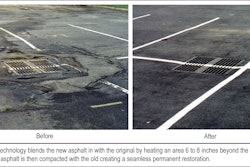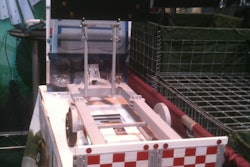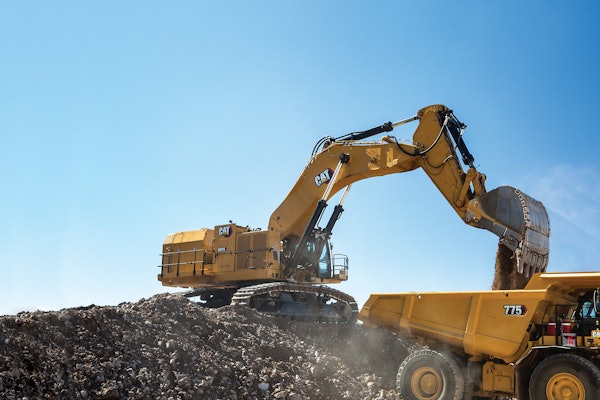U.S. Representatives Richard Hanna (R-N.Y.) and Donna F. Edwards (D-Md.) introduced a bipartisan bill on Oct. 6 that they say will improve air quality around infrastructure projects by making it easier and more cost-effective to upgrade construction equipment to meet diesel soot emissions standards.
The legislation will help states reduce pollution within their borders and beyond, and will create jobs in the environmental technology industry, according to Hanna and Edwards
Under the “Clean Construction Act of 2011” contractors working on federal transportation infrastructure projects in regions of the country that are not in compliance with federal air quality standards will be allowed to use a portion of the budget to reduce pollution from their older diesel-powered equipment. The bill aims to achieve a priority set in the last surface transportation authorization by expanding access to federal dollars under existing transportation programs for diesel engine upgrades. Diesel fuel powers most heavy machinery and vehicles used on construction sites.
“This process will help the construction industry increase its commitment to ensuring its equipment has a limited impact on the environment,” said Hanna, who is the Vice Chairman of the Highway and Transit Subcommittee of the House Transportation & Infrastructure Committee. “This bill will spur tremendous strides in making cleaner machinery by allowing for improvements to be made to existing and – often older – equipment that still has a useful life. Through a competitive, market-based approach we will utilize the latest and most effective technologies to improve our existing heavy-duty equipment.”
“The Clean Construction Act is a tremendous opportunity to help the construction industry improve air quality and create jobs,” said Edwards. “Our legislation brings together the federal government, American businesses, and environmental groups to pair green technology with our nation’s infrastructure projects. The bill will make the air cleaner for all Americans, boost employment related to pollution control, and support a construction industry hit hardest by the recession.”
The Associated General Contractors of America and the Clean Air Task Force are both supportive of the bill (letter attached).
“This approach will protect the environment without punishing contractors for purchasing equipment that met all clean air standards in place at the time,” said Stephen E. Sandherr, the chief executive officer of the Associated General Contractors of America. “This legislation will improve air quality without harming contractors or putting people out of work.”
“The Clean Air Task Force thanks Reps. Hanna and Edwards for their strong leadership, commitment and vision in ensuring that the air we breathe and the projects we build are simultaneously strong and healthy for the communities in which they are built,“ said Conrad Schneider, advocacy director of the Clean Air Task Force. “This legislation provides a targeted approach to reducing emissions from construction machines that will be used in the areas of the country that are struggling to meet federal air quality standards. We are thrilled to be standing side-by-side with the contractors in support of the Clean Construction Act of 2011. Utilizing cleaner diesel engines in transportation projects is a winning proposition.”










